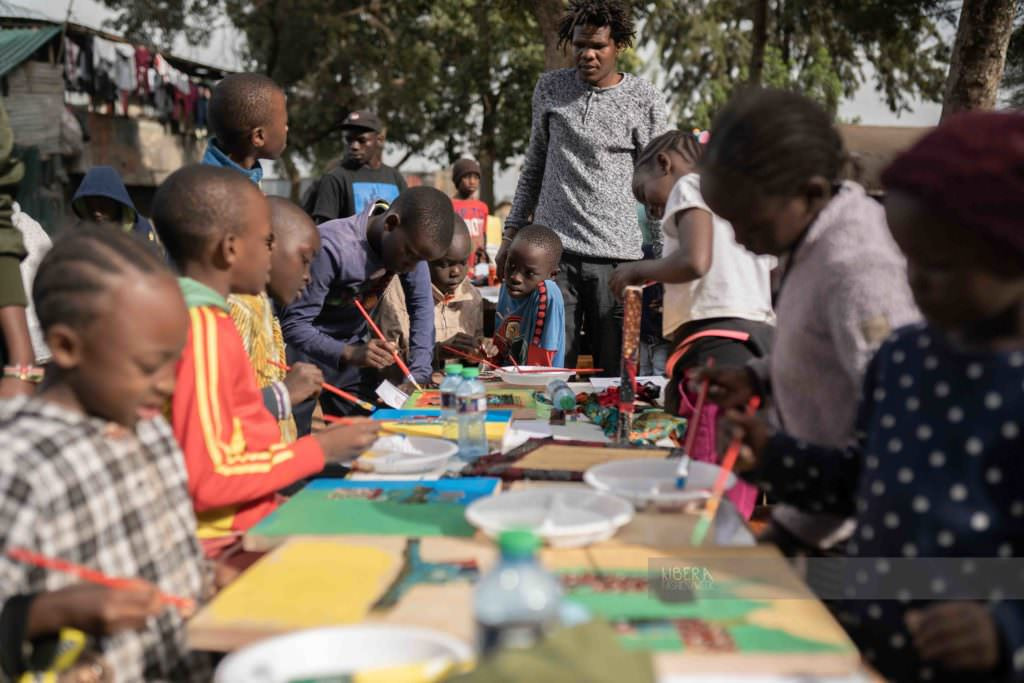
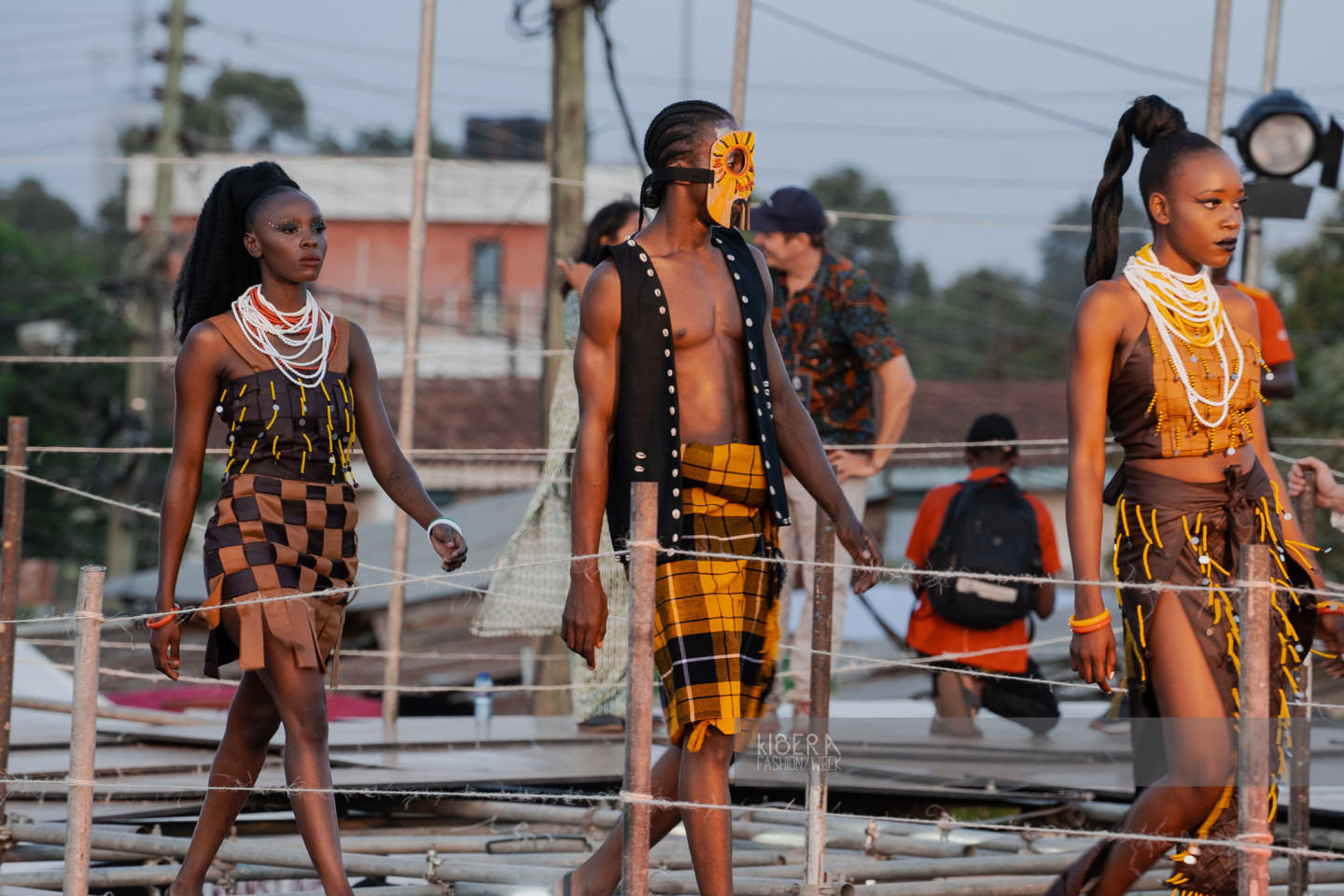
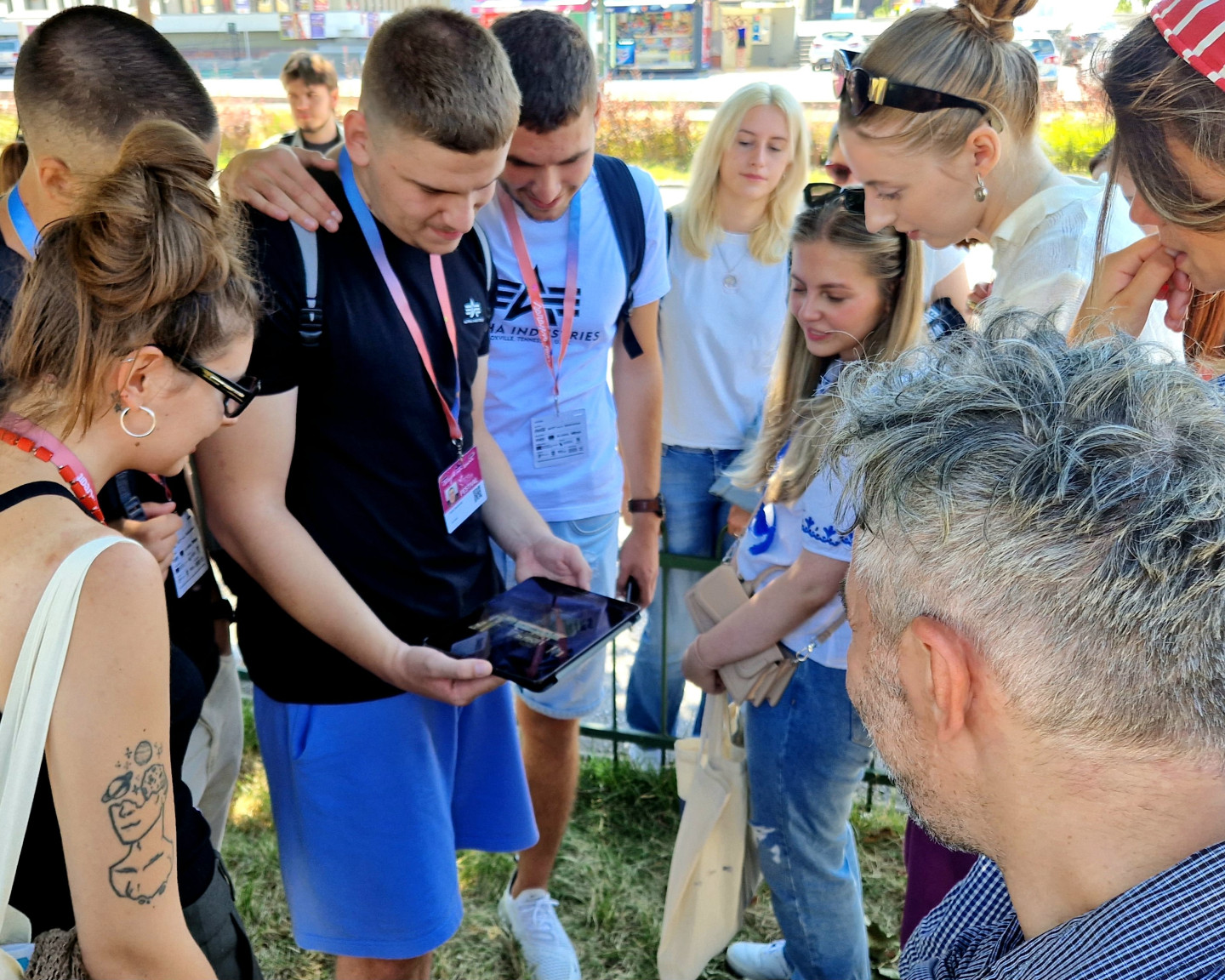
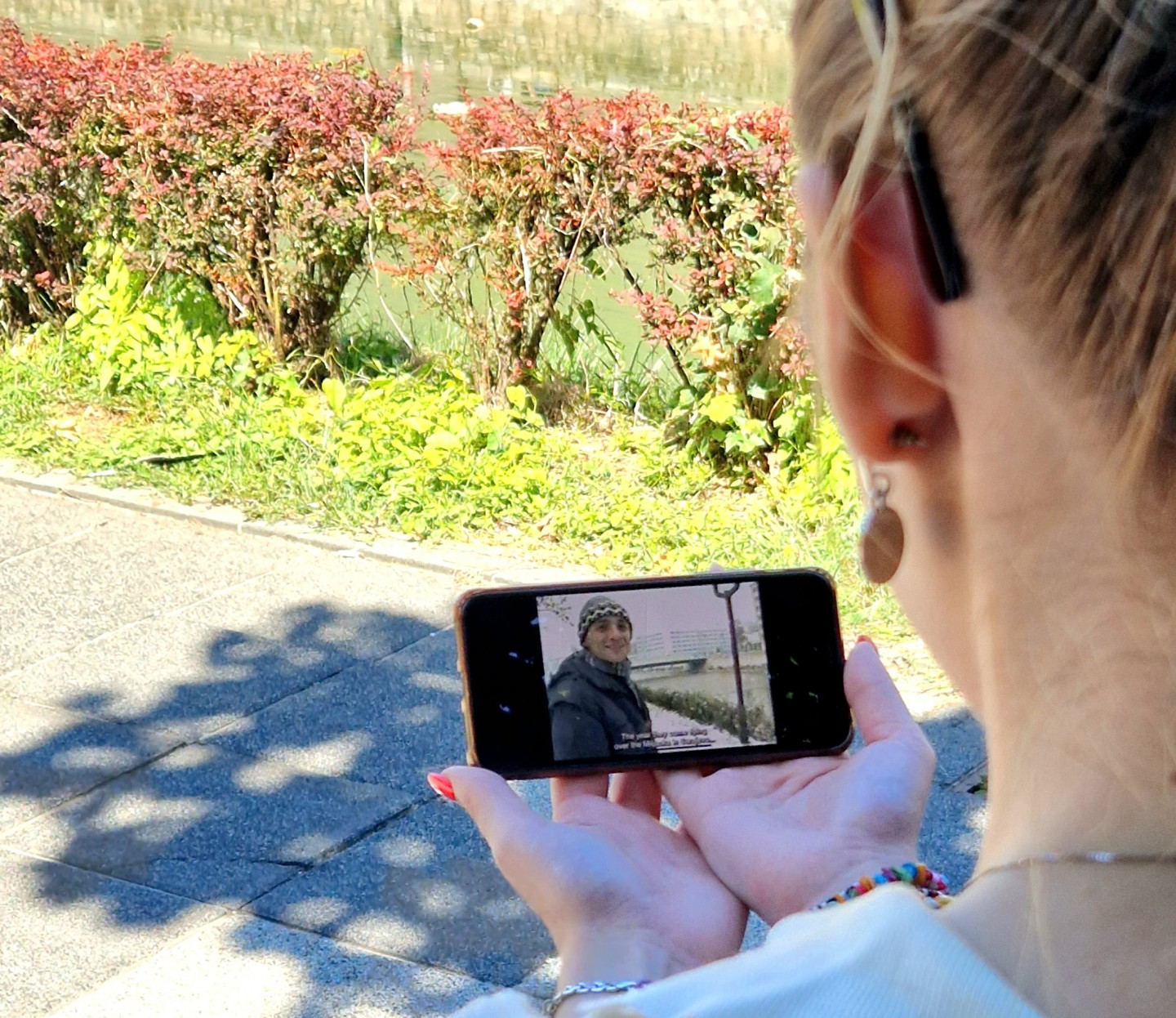
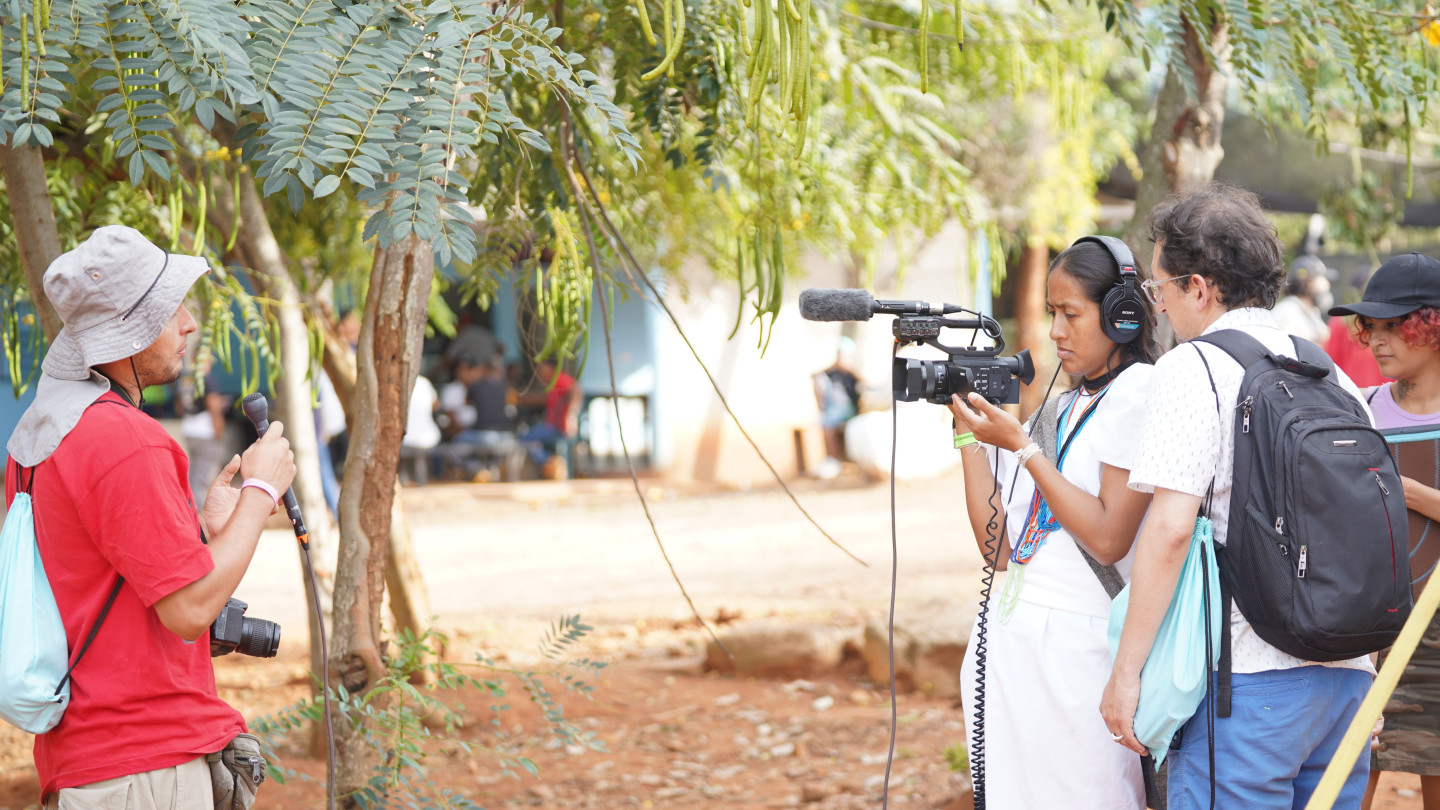
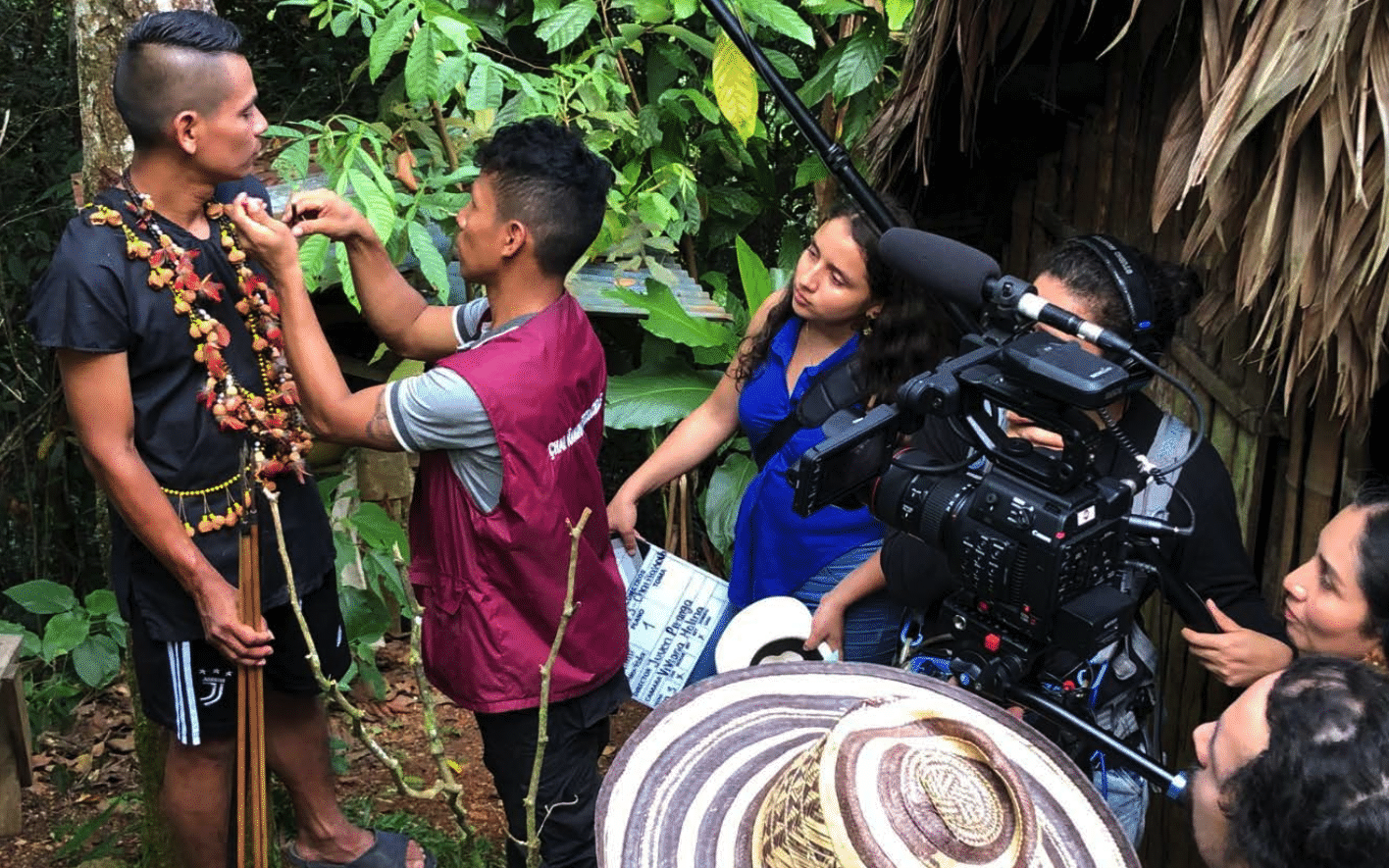
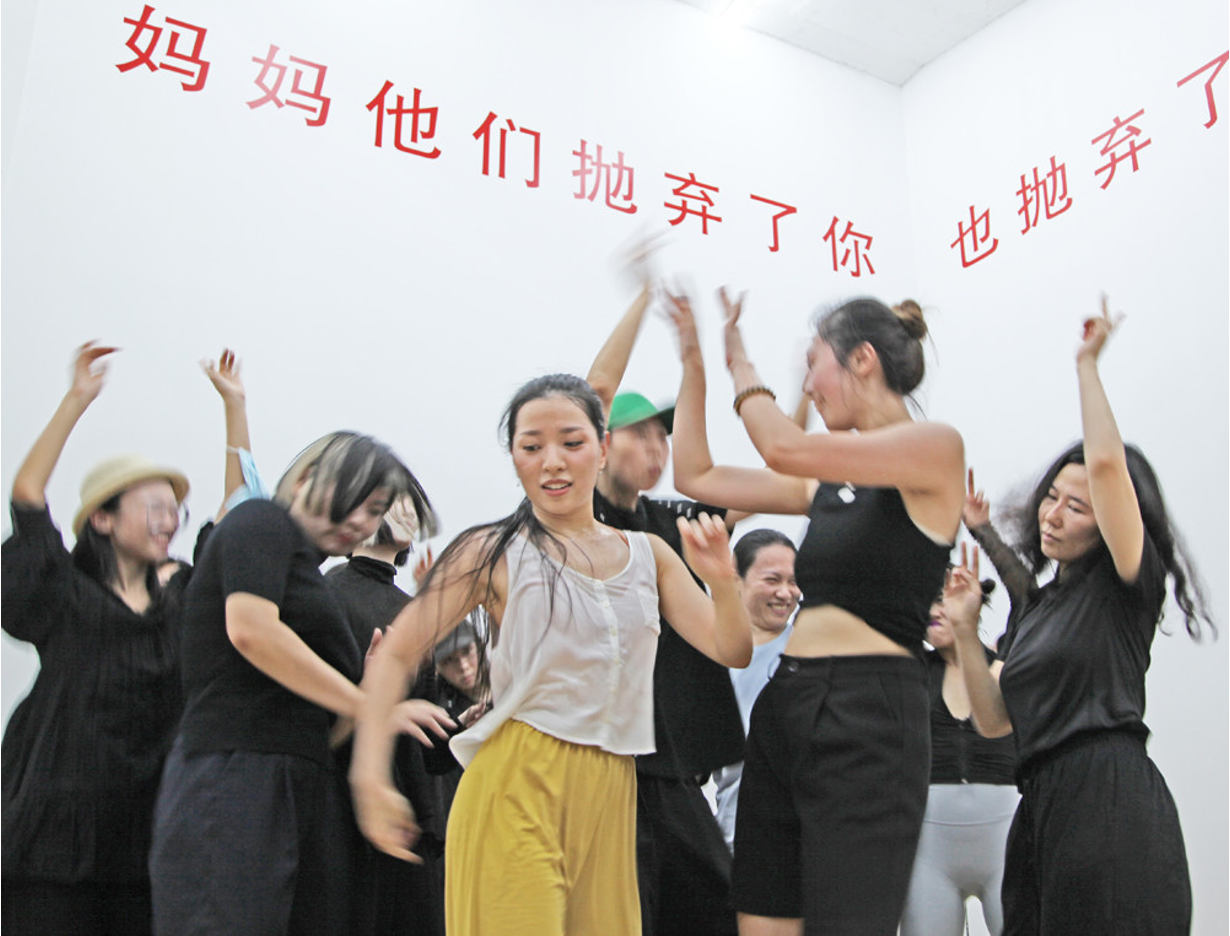
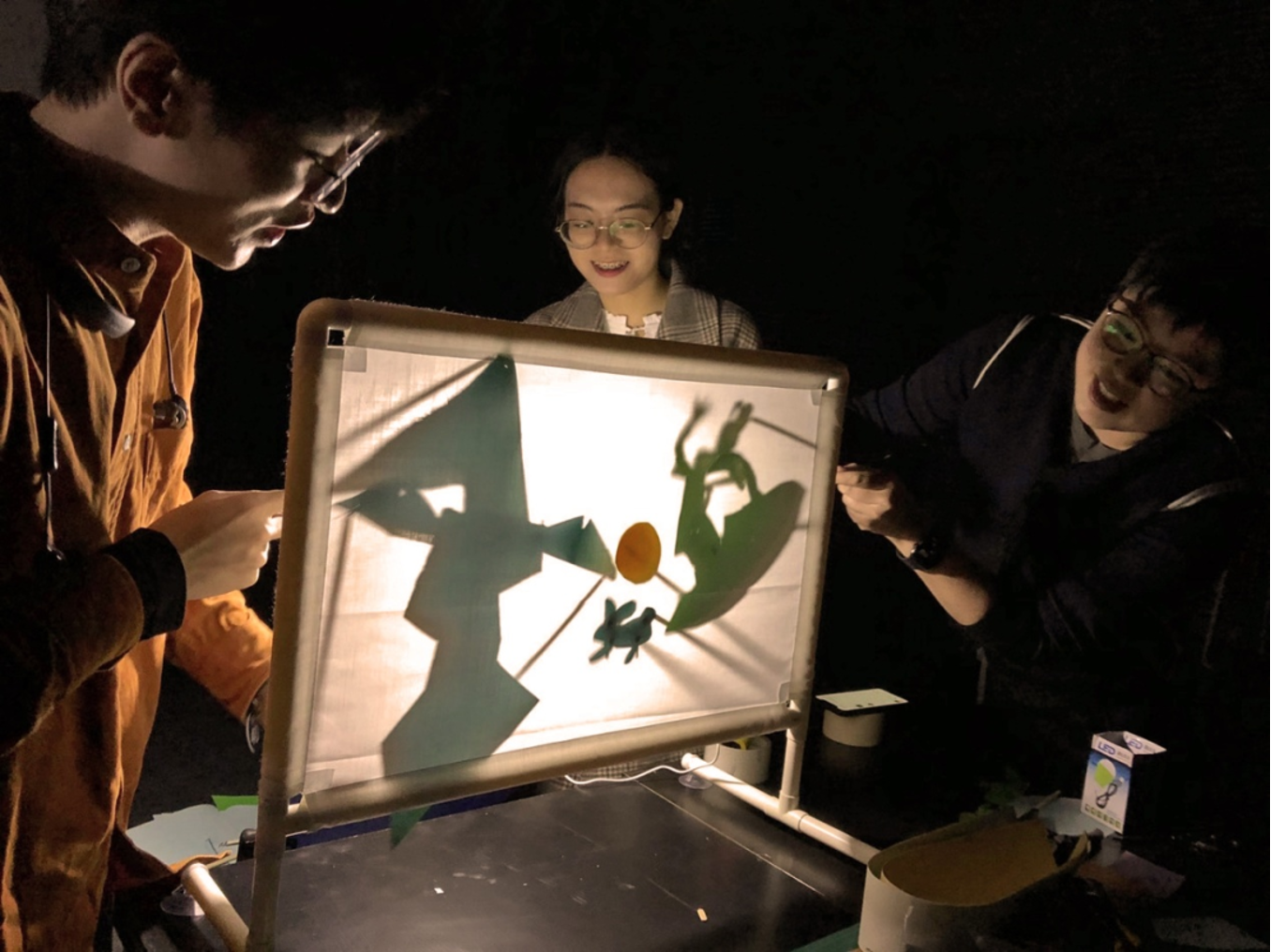
Throwback to the 2023 projects: plans for the future
European Spaces of Culture projects are all designed to shape long-term connections and networks and introduce programmes and activities that last longer than the initial project runtime. While the eight new pilot projects are now being developed, the projects implemented in 2023 have been shaping their follow-up plans. What are the immediate plans for the future in Kenya, Bosnia and Herzegovina, Colombia, and China?








Kenya - Kibera Fashion Week
Following the highly successful and visible Kibera Fashion Week in 2023, the team in Kenya has immediately immersed itself in shaping new peer-to-peer learning and skill development activities and to the new edition of the Fashion Week in 2024.
A key aspect of the team’s strategy is to focus on online sharing of the recorded during the previous year's events. This includes sharing videos, photos, and stories from Kibera Fashion Week 2022 and 2023 across various social media platforms and its website to continue engaging local, national and international audiences and attracting new supporters. In addition, film screening events about Kibera Fashion Week 2023, showcasing documentaries and highlights from the previous year's fashion shows and workshops, will provide an opportunity for the community to come together and celebrate their achievements and serve as a platform to raise awareness and generate interest in future editions of the event.
Another key initiative is the organisation of workshops with KFW designers and emerging talents, fostering peer-to-peer learning and skill development, to be taking place in July 2024. These workshops provide opportunities for knowledge exchange, collaboration, and capacity building within the local fashion community.
While the road ahead may be challenging, we are determined to overcome obstacles and remain committed to our mission of empowering local designers and sharing the culture of Kenyan creatives.
Kibera Fashion Week team, Kenya
The team has both expanded and deepened its partnerships for these follow-up activities. Existing partners have continued to support by sourcing funds for the continuation of the project, demonstrating their ongoing commitment to our shared goals. Additionally, the team is actively seeking to broaden its network by collaborating with new partners who may also not necessarily provide financial contributions but can offer valuable resources and expertise to enhance our programs. By diversifying partnerships in this way, the aim is to leverage a wider range of resources and opportunities to maximise the impact of KFW initiatives and better serve the community.
Bosnia and Herzegovina - ARchipelago
In 2023, ARchipelago has created a transnational site-specific archival platform for public space in the post-Yugoslav space that brings together war document collections. From the very start the project was designed and funded as a multiannual project. The team therefore continues to develop the project with the same partners in 2024, largely funded by the Goethe-Institut’s Excellence Initiative.
In essence, in its first year, the ARchipelago project focused on laying the groundwork for a unique platform exploring the effects of war through archival material. Efforts in research, content collection, and platform implementation were dedicated, covering both the app and website. In the second year, the focus is on refining the platform, incorporating local educational programs, and launching locally in Archival Hubs in Sarajevo, Mostar, Belgrade, and Prizren.
Throughout the project's runtime in 2023, the team emphasised the importance of collaborative archiving about the war's destruction and consequences of war in post-conflict countries. One of the main outcomes of the project, in particular the final symposium, was to create a space for artists and researchers to engage in the conversations with their own perspective and analyse archives in a more complex way and beyond the known narratives. The ARchipelago web will serve as an open research platform for the international academics and research groups about contested territories and war affected communities. The project's success and uniqueness may serve as a catalyst for discussions and initiatives among scholars, practitioners, and institutions involved in archiving, historical research, and cultural preservation. The emphasis on cross-border connections and the visibility of previously unseen archival holdings could encourage similar endeavours, fostering a collective effort to address challenges in archiving and historical representation.
The positive reception and interest from diverse stakeholders, young people and the wider public, have opened up funding opportunities, potentially paving the way for the expansion of the ARchipelago project in 2025. Additionally, there are three concrete archival initiatives in Turkey and Lithuania expressing interest in joining the ARchipelago, showcasing the project's growing influence and potential for collaboration on an international scale.
Colombia - International Community Film Festival
In Colombia, following a thorough round of evaluation and holistic discussion with all partners, the International Community Film Festival is already seeking to continue as a biannual festival. With the festival proven successful, the team has conducted personal meetings with all allies to ensure complete feedback and solid trust to continue imagining projects like this one. Given the positive feedback, the team feels confident that our strategy for building long-term partners has been successful so far.
While the structure of a second edition is still in its infancy, the team has set it out tobe biannual and will always occur in decentralized areas of the country - or the world - such as it was the case in 2023 in Tierra Grata, the first festival's location. One of the most critical post-festival conversations was had in Tierra Grata, one month after the event to discuss the festival’s repercussions. received a unanimous feeling of overwhelming positivity and gratitude based on the positive consequences for the local communities. The team has identified the festival’s main innovations achieved that allow for this long-term strategy to continue in the future as such:
- In terms of content, there was an exceptional curation of community stories, which guided conversations with the international community and inspired national and international filmmakers to create original narratives.
- The festival is now a pioneer in building a solid partnership between community filmmakers, EUNIC members, and communities of ex-combatants as a symbol of the sensitivity and solidarity of the European community in supporting the peace process in the country.
- The decentralized location chosen allowed the festival to serve as inspiration for other marginalized areas where cultural projects are lacking due to scarcity of resources. This experience helped strengthen the institutional presence in these territories and give centrality to forgotten territories.
One of the greatest successes of this festival was the reaction of each of the allies, expressing deep satisfaction with the result and proposed that we continue working together on future projects. This shows that we managed to build a level of trust and mutual understanding that allows future collaborations with and between all the allies who made this festival a reality.
International Community Film Festival team, Colombia
China - More than Human
In China, following More Than Human, the EUNIC Beijing cluster decided to adopt a common thematic approach based on inclusion and local partnerships for all of the coming year. The Chinese motto chosen for this thematic approach 残障无障 roughly translates in English as “disability is not an obstacle”.
The festival discussed and celebrated diversity beyond the spectrum of gender identity. As inclusion and expression is a core value of of the socio-political agenda in EU, co-creation between Chinese and European artists provides a good ground to invite underrepresented groups to discuss sensitive topics in programmes for cultural and intellectual exchange.
The set-up of the festival, with contact and bottom-up approach with local communities from the early stage, holds the potential to foster new collaboration models for the cultural relations between Europe and China. As such, More Than Human should equally be regarded as an incubator for artistic and cultural explorations of our conventional perception of humans and thereby also, what it is going to take to become a more responsible human in the future.
A steering committee has been established to monitor the calendar and liaise between parties. The programme will consist of projects and activities in the hands of the individual cluster members. At present, the launch and press meeting are in the making for mid-April. The project partners are reaching out for partnerships for this year's activities, many of which already contributed to some of More Than Human's various programmes. The team believes that the range of partners will be both consolidated and expanded.
